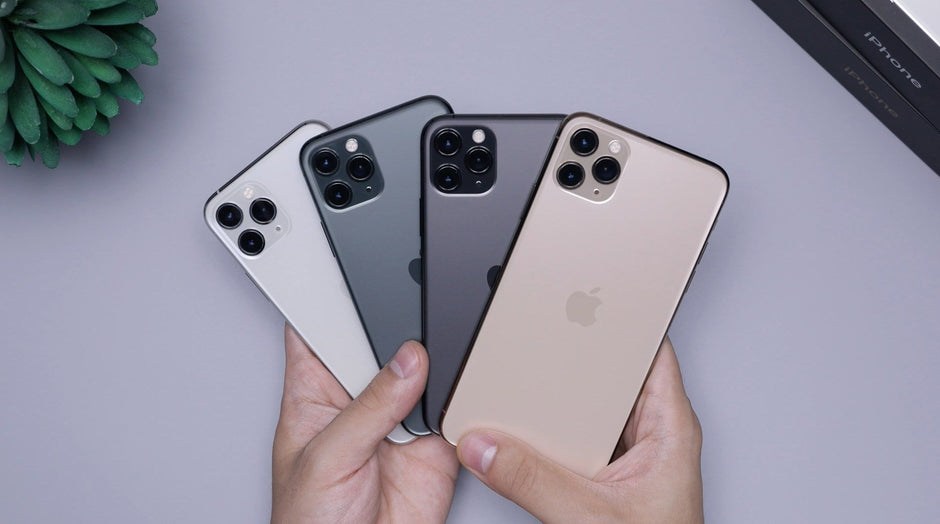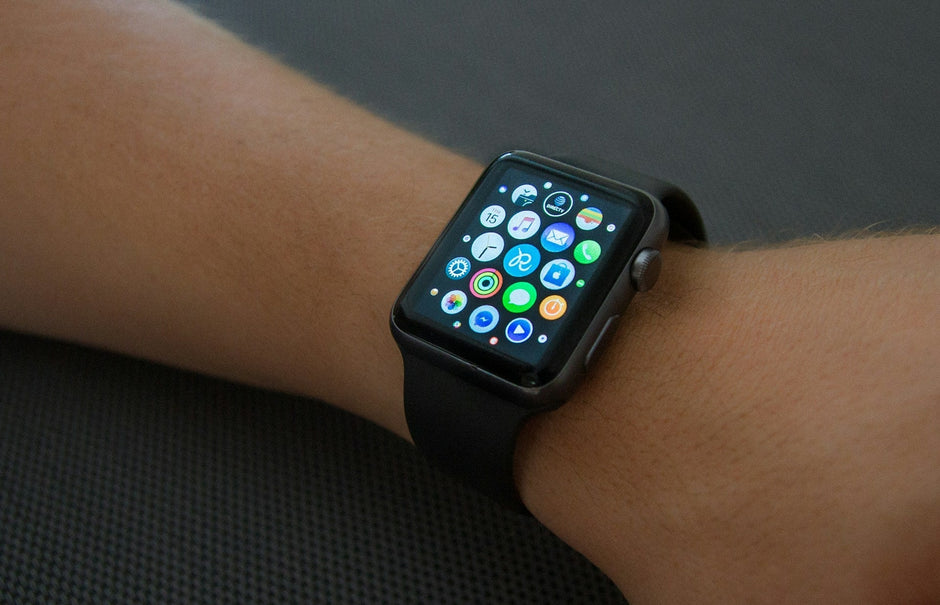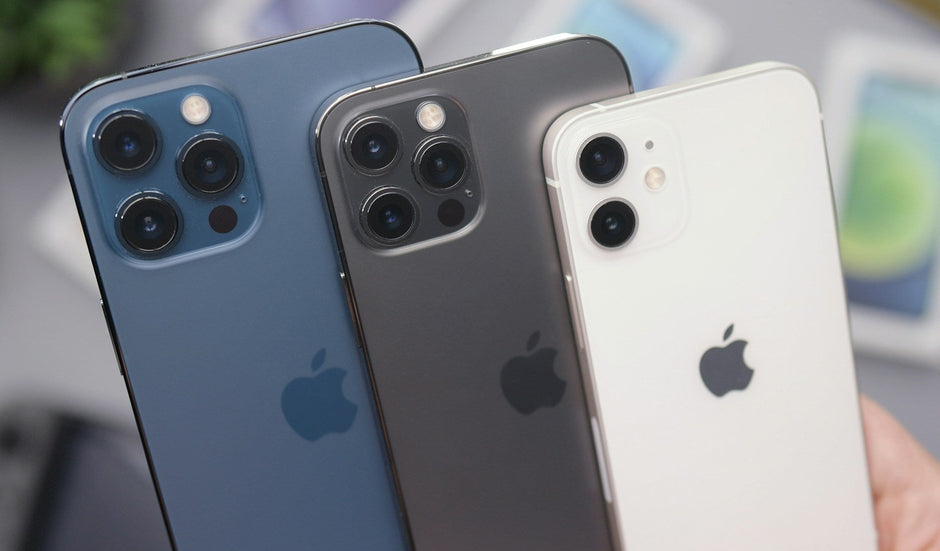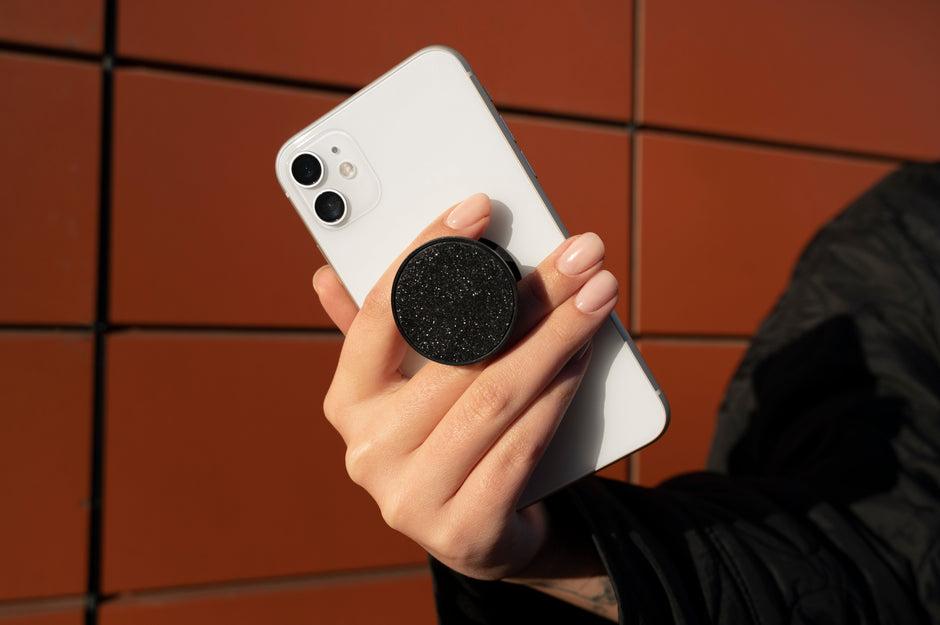Wireless audio technology has transformed the manner in which we listen to music, watch films, and even receive calls. Among all the developments in sound technology, Bluetooth speakers are renowned for their portability, ease of use, and great sound. Be it for home entertainment, outdoor trips, or simply casual listening, selecting the ideal one is too much with all the alternatives to choose from.
This guide will walk you through the key factors to keep in mind when purchasing a Bluetooth speaker so that you can enjoy the best sound experience for your requirements.
1. Define Your Requirements
Before we go into technical details, it's essential to know how and where you'll be utilizing your Bluetooth speaker. Ask yourself the following questions:
● Do you require a travel speaker or a home speaker with high power for an immersive experience?
● Will you use it indoors, outdoors, or a little of both?
● Do you want a small speaker with decent sound quality or something larger with great sound quality?
● Battery life important to you, or will it just be sitting there most of the time?
With a better understanding of what you're planning on using it for, you can now shorten your list and consider what you truly value most.
2. Sound Quality Matters
The main function of a Bluetooth speaker is to provide great sound, and therefore audio quality comes first. The following are the most important areas to check:
Speaker Drivers
Drivers are the speakers that make the sound. The bigger the driver, the better the sound. Most portable Bluetooth speakers have drivers ranging from 40mm to 60mm. If you desire deep bass and rich sound, find a speaker with more than one driver, such as a dedicated subwoofer.
Frequency Response
The frequency response, which is measured in Hertz (Hz), represents how effectively a speaker plays back sound within ranges. The normal speaker will typically have a frequency response of between 20Hz and 20kHz. Low frequencies are good for bass and high frequencies give treble crispness.
Wattage (Power Output)
Wattage controls the loudness your speaker can reach. If you will be playing your speaker outdoors or in huge rooms, you should get one with a high wattage rating (at least 10W per channel). For home or small room use, a 5W speaker is enough.
Audio Codecs
Bluetooth speakers use various audio codecs, and these affect audio quality. Common codecs are:
● SBC – Lower quality but standard.
● AAC – Suitable for Apple devices.
● aptX/aptX HD – Android device high-fidelity sound.
If audio quality is a requirement, select a speaker with high-quality codecs supported.
3. Battery Life and Charging Options
Battery life is important if you are taking your speaker out with you. Playtime from Bluetooth speakers is generally 6 to 24 hours. Think about:
● Battery capacity – Higher battery capacity equals more playtime but increases weight.
● Charging speed – Fast-charging solutions such as USB-C can come in handy.
● Playback volume impact – Increased volume consumes the battery quicker.
Some models also have reverse charging, where the speaker can be used as a power bank for your phone.
4. Portability and Design
If you will be carrying your speaker around a lot, size and weight become considerations. Look for:
● Compact & lightweight designs for easy portability.
● Carrying straps or handles for extra convenience.
● Tough, heavy-duty materials if you're after a speaker for outdoor activities.
A stylish, slim design will also fit into your home interior if you'd like an indoor speaker.
5. Water and Dust Resistance
If you plan to use your Bluetooth speaker around water (poolside, beach, bathroom) or in harsh environments, an IP rating is necessary. The IPX rating shows resistance to water and dust:
● IPX4 – Splash-proof (adequate for light rain).
● IPX6 – Resistant to water (can support heavy rain).
● IPX7 – Waterproofing (can survive immersion in water for a few minutes).
● IP67/IP68 – Dustproof and waterproof.
In outdoor environments, a shockproof build can also be advantageous to safeguard from unintended drops.
6. Options for Connectivity
Although Bluetooth serves as the principal means of connecting, other connection options can serve to increase adaptability:
● AUX Input – Enables you to connect devices with a 3.5mm audio cable.
● USB Port – Allows you to play music stored on a USB drive or power other devices.
● SD Card Slot – Some speakers allow direct playback from microSD cards.
● Wi-Fi Connectivity – Offers better quality streaming and multi-room pairing.
If you intend to pair more than one speaker for stereo output, choose models with TWS (True Wireless Stereo) or multi-device pairing functionality.
7. Smart Features and Controls
Most Bluetooth speakers feature smart functionalities that make your life easier:
● Integrated Voice Assistants – Amazon Alexa, Google Assistant, or Siri for voice control without hands.
● App Support – There are some speakers with special apps for EQ setting, firmware update, and multi-speaker connection.
● Touch or Button Controls – Provide simple access to volume, playback, and power controls.
● Integrated Microphone – Enables hands-free calling and voice commands.
If you prefer a speaker that also functions as a smart home device, selecting one with AI integration is an excellent choice.
8. Brand Reputation and Customer Reviews
Selecting a reputable brand can have a major influence on durability and sound quality. Some popular brands are:
● Bose – High-end audio performance with rich bass.
● JBL – Excellent balance of sound quality and longevity.
● Sony – High-end audio technology and water-resistant models.
● Ultimate Ears (UE) – Sleek, water-resistant, and perfect for travel.
● Anker Soundcore – Affordable with good battery life.
Look at customer reviews and ratings before buying to find out about real-world performance.
9. Price vs. Value
There are different price points for Bluetooth speakers, ranging from affordable to high-end premium models. Look at what features are most important to you and compare prices to decide.
● Budget (Under $50): Limited features, adequate sound, small size.
● Mid-Range ($50 - $150): Improved sound quality, longer battery life, water resistance.
● High-End ($150+): Top-class sound quality, high-end features, smart assistant built-in.
It is better to spend money on a trusted brand than on the lowest-cost product, as build quality and longevity may differ greatly.
10. Warranty and After-Sales Support
A decent warranty provides protection against defect and reassures you. Prior to purchase:
● Verify the warranty period (usually 1-2 years).
● Carefully read return and exchange policies to save yourself from trouble.
● Opt for brands with good customer support in case of a technical fault.
Having good after-sales support can be a game-changer if you have any trouble with your Bluetooth speaker.
Final Thoughts
It's all about finding the best Bluetooth speaker based on your requirement, whether casual listening, outdoor activities, or quality home music. Based on sound quality, battery life, portability, durability, and smart features, you can pick the right one.
Compare features, read reviews, and spend time to select the best, and you get the best for your money. With the proper Bluetooth speaker, you can hear music and enjoy entertainment anywhere and anytime!







